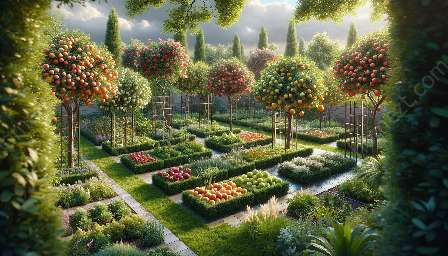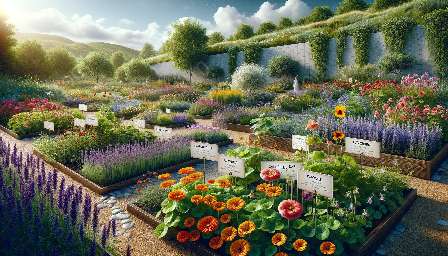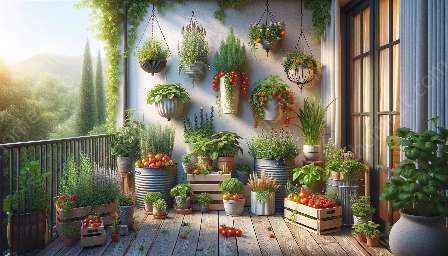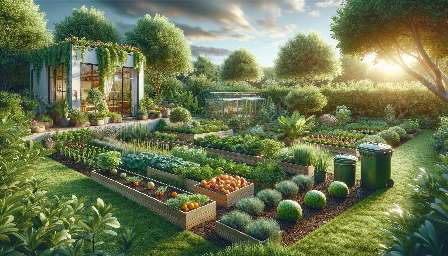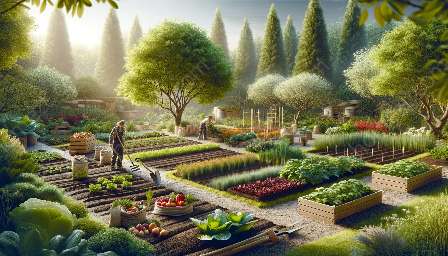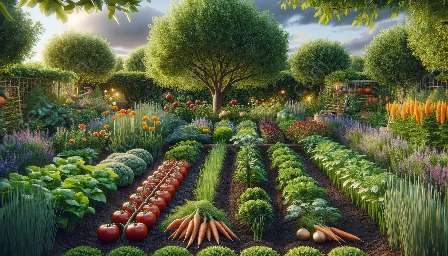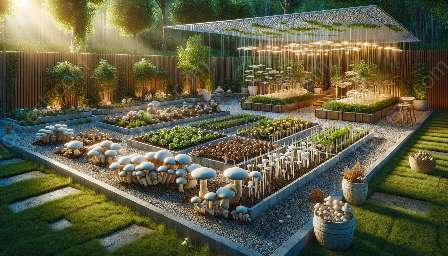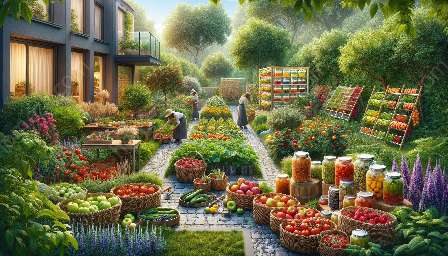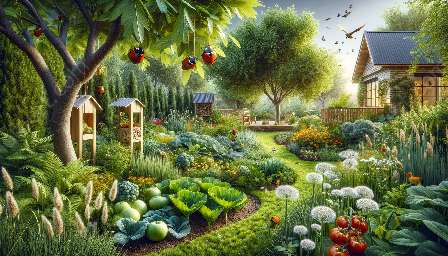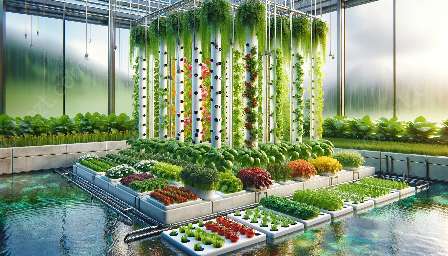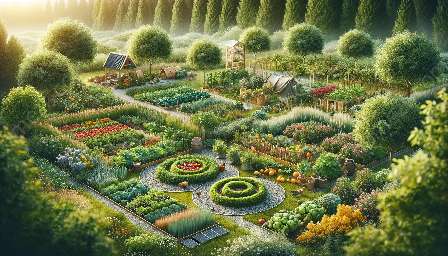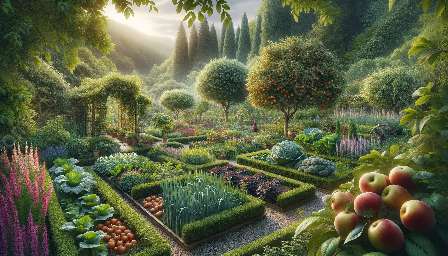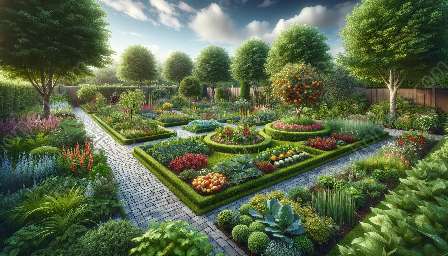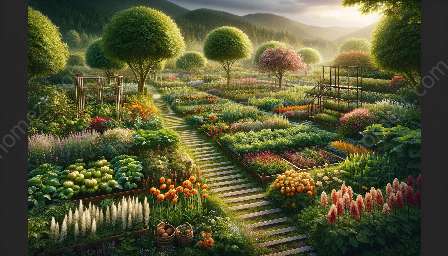Welcome to the world of traditional gardening wisdom, where time-tested practices and techniques are applied to grow a range of delectable edibles in your very own garden. In this comprehensive guide, we will explore the rich heritage of traditional gardening and delve into the fascinating realm of cultivating edible plants and fruits. Whether you are a novice gardener or a seasoned enthusiast, you will uncover valuable insights, tips, and methods that have stood the test of time. Let's embark on this journey to discover the age-old wisdom that can help you create a bountiful and thriving garden filled with edible treasures.
The Art of Traditional Gardening
Traditional gardening is deeply rooted in the history and culture of communities around the world. Passed down through generations, this time-honored practice encompasses a wealth of knowledge and principles that emphasize harmony with nature and sustainable methods of cultivation. The traditional gardener respects the land and acknowledges the interconnectedness of all living organisms within the ecosystem.
Gardening wisdom from the past has much to offer in the present day, especially when it comes to growing edibles. Traditional gardening wisdom is not just about knowing how to plant and nurture crops; it also involves understanding the subtle nuances of the natural world, adapting to seasonal changes, and working in harmony with the environment to yield a successful harvest.
Cultivating Edible Plants and Fruits
One of the most rewarding aspects of traditional gardening is the ability to cultivate a diverse array of edible plants and fruits. From luscious tomatoes and colorful peppers to crisp lettuces and fragrant herbs, the traditional gardener's bounty knows no bounds. With a wealth of tried-and-tested techniques at your disposal, you can learn to nurture a thriving garden full of delectable offerings.
When it comes to growing edibles, traditional gardening wisdom advocates for organic and natural methods that prioritize the health of the plants, the soil, and the overall ecosystem. By incorporating techniques such as companion planting, crop rotation, and natural pest control, traditional gardening offers holistic solutions for maintaining a balanced and productive garden.
Understanding Seasonal Planting
One of the key principles of traditional gardening wisdom is the recognition of seasonal planting patterns. Traditional gardeners have long understood the importance of aligning planting schedules with the natural rhythms of the environment. By observing and respecting the seasons, they maximize the potential for successful growth and abundant harvests.
From sowing seeds in the early spring to tending to summer crops and preparing for fall harvests, traditional gardening wisdom provides valuable insights into the optimal timing for planting and nurturing a wide variety of edible plants and fruits. By following these seasonal guidelines, you can synchronize your gardening efforts with the natural cycles of growth and ensure a flourishing garden year after year.
Nurturing Soil Health
The foundation of traditional gardening wisdom lies in the profound understanding of the vital role played by the soil in sustaining plant life. Traditional gardeners recognize the significance of nurturing soil health and fertility through meticulous care and thoughtful practices. By enriching the soil with organic matter, compost, and natural amendments, they create an environment that is conducive to vigorous plant growth and abundant yields.
By adopting traditional soil enrichment methods such as mulching, cover cropping, and minimal tillage, you can foster a thriving ecosystem beneath the surface, teeming with beneficial microorganisms and nutrients essential for the well-being of your edible plants and fruits. Embracing the wisdom of the past, you can unlock the transformative power of healthy, vibrant soil in your garden.
Preserving Traditional Wisdom for Future Generations
As we seek to embrace traditional gardening wisdom, it is essential to recognize the importance of preserving and passing down these invaluable insights to future generations. By honoring and upholding the traditions of the past, we not only safeguard the knowledge and practices of our ancestors but also contribute to the sustainability and resilience of our food systems and the natural world.
Through education, community engagement, and the celebration of our gardening heritage, we can ensure that traditional wisdom continues to thrive and evolve, offering timeless guidance and inspiration for cultivating edible plants and fruits. Let us come together to cultivate a legacy of traditional gardening wisdom that enriches our lives and nourishes the earth.

